
Longtan Container Terminal of Nanjing Port in Nanjing, Jiangsu province, May 6, 2022. (Photo/Xinhua)
While relations between the United States and China have yet to thaw after years of growing tension, bilateral trade ties are expanding, with the value of merchandise imports and exports hitting a new high last year, according to the latest U.S. Commerce Department data.
China maintained its position as the U.S.' third-largest trading partner for goods in 2022, accounting for 13 percent of total trade, following Canada and Mexico, which have a 14.9 percent and 14.7 percent of share, respectively, according to figures released by the Commerce Department on Tuesday.
"The deepening shows that economic forces are stronger than political talk," Gary Hufbauer, a senior fellow and trade expert at the Peterson Institute for International Economics in Washington, told China Daily on Wednesday.
"The U.S. economy is very strong, and U.S. firms need to get intermediate and final goods from reliable suppliers that offer high quality and low prices. That means China," he said.
The value of goods exports to China increased by $2.4 billion year on year to a record high of $153.8 billion, with imports increasing by $31.8 billion to $536.8 billion last year, the U.S. official data showed.
Two-way trade in goods between the world's two largest economies rose to $690.6 billion last year, exceeding the record set in 2018, according to the Commerce Department.
Compared with 2012, U.S. exports of goods to China increased by 39 percent, while its imports from China grew by 26.6 percent, according to the U.S. data.
Hufbauer said, however, that if geopolitical tensions worsen substantially, then there could be a plunge in bilateral trade flows.
"But if the current situation continues — not particularly friendly, but not getting more hostile — then I think trade will continue to flourish," he added.
Hufbauer said he expected sharp "decoupling" rhetoric, but not a major escalation of bilateral trade barriers such as more tariffs in the near future, meaning that there are unlikely immediate factors that could send the trade relations awry.
He said the current trade relations suggest that the decisions of consumers and business executives have "so far indeed" been more powerful than policymakers.
Washington has increasingly taken a "practical" approach to the broader commercial relationship with China, with lobbyists calling for striking a "right balance" between economy and national security.
For example, a day before U.S. President Joe Biden delivered his annual State of Union address Tuesday night, Suzanne P. Clark, president and chief executive officer of the U.S. Chamber of Commerce, noted that the U.S. business community wanted to hear a "balanced approach to China" in Biden's speech.
"Our commercial relationship with the world's second-largest economy is worth nearly $1 trillion annually and supports hundreds of thousands of American jobs," she wrote. "China also presents real threats to our national security and our values."
Biden briefly said Washington seeks competition, not conflict with Beijing, and will work together in areas where interests align.
In late November, Commerce Secretary Gina Raimondo said that the United States reaps great benefits from trade with China and pledged not to decouple from it, but with the exception of critical technology and other areas that Washington deems could "undermine" its national security.
Raimondo laid out a detailed strategy to outcompete China, saying that the U.S. is set to "aggressively" reform and ramp up its export controls and investment screening regimes to counter China, particularly surrounding emerging and foundational technologies.
Beijing has made it clear that it opposes stretching the concept of national security and politicizing and weaponizing economic and trade ties, which it maintains should not be the real purpose and the normal state of such ties.
"We should not let national security stand in the way of economic development and the improvement of people's lives in both countries," Qin Gang, then-Chinese ambassador to the U.S., said in a December speech.









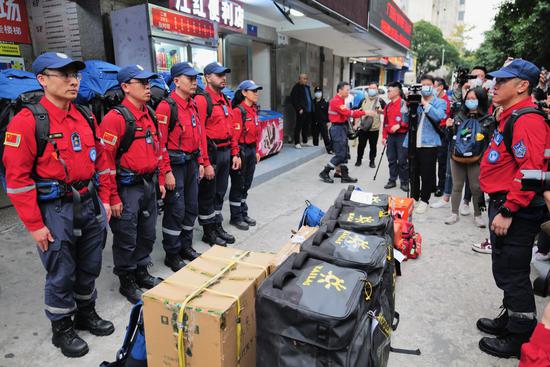







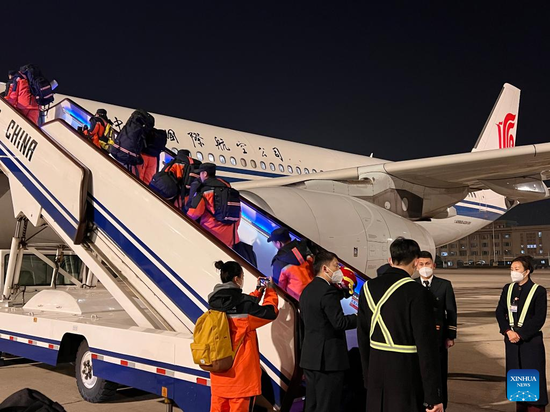

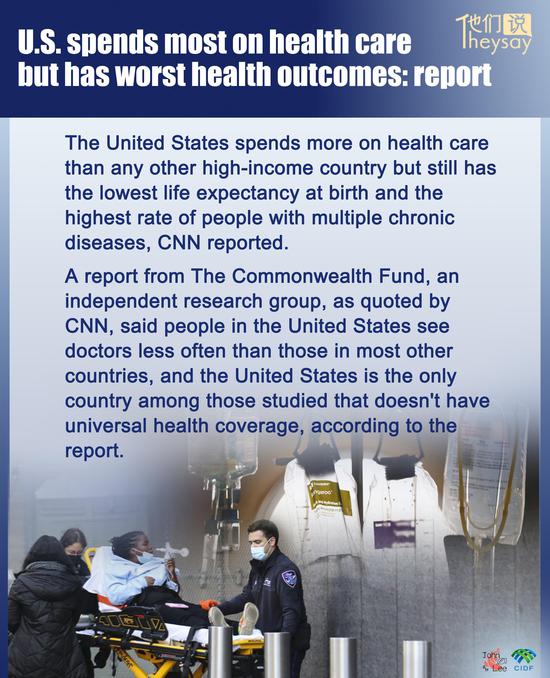

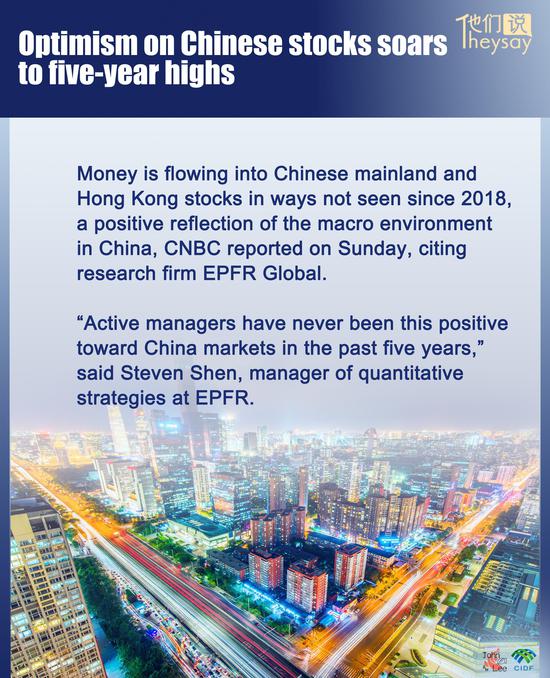

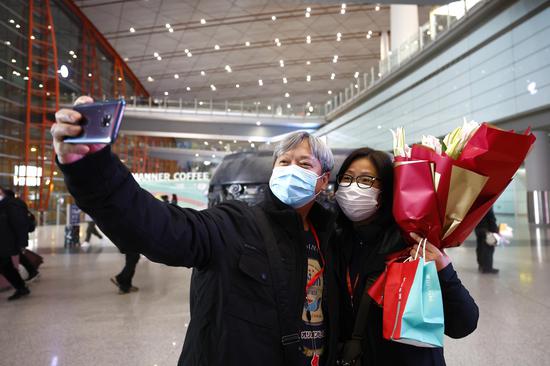




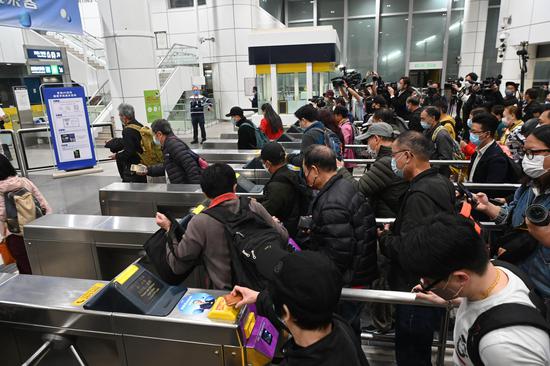






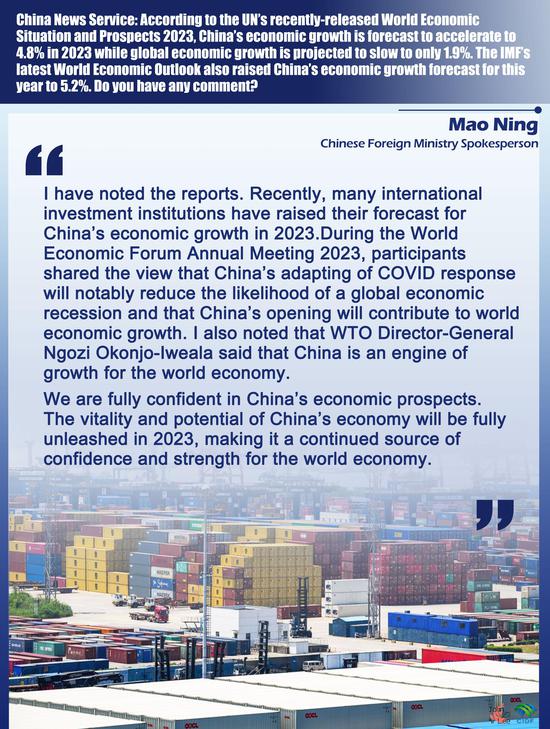
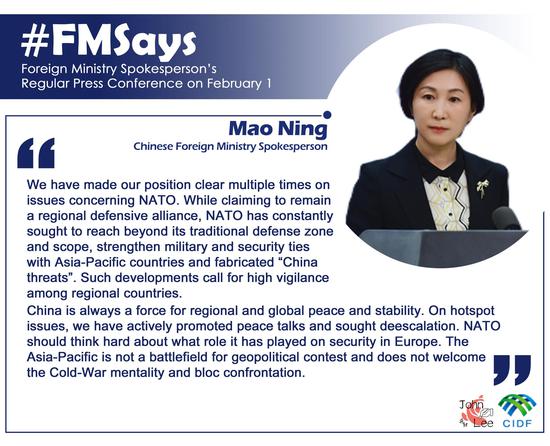




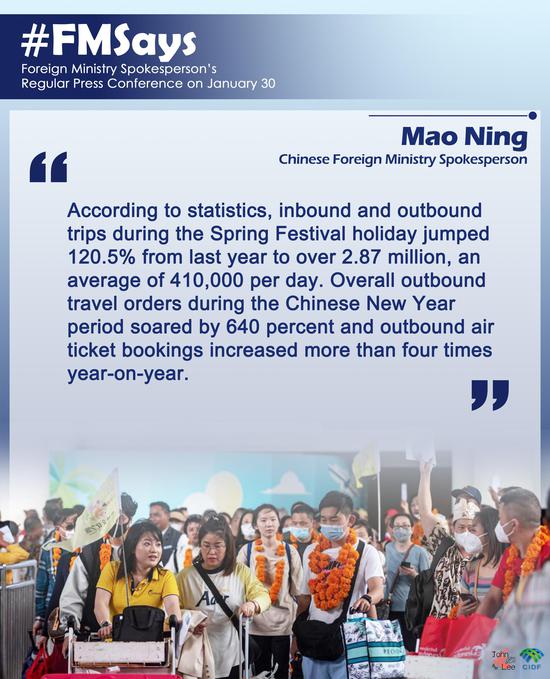






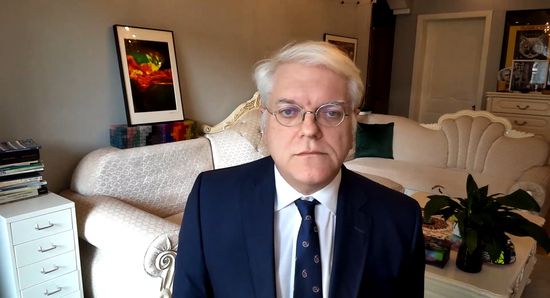

 京公网安备 11010202009201号
京公网安备 11010202009201号